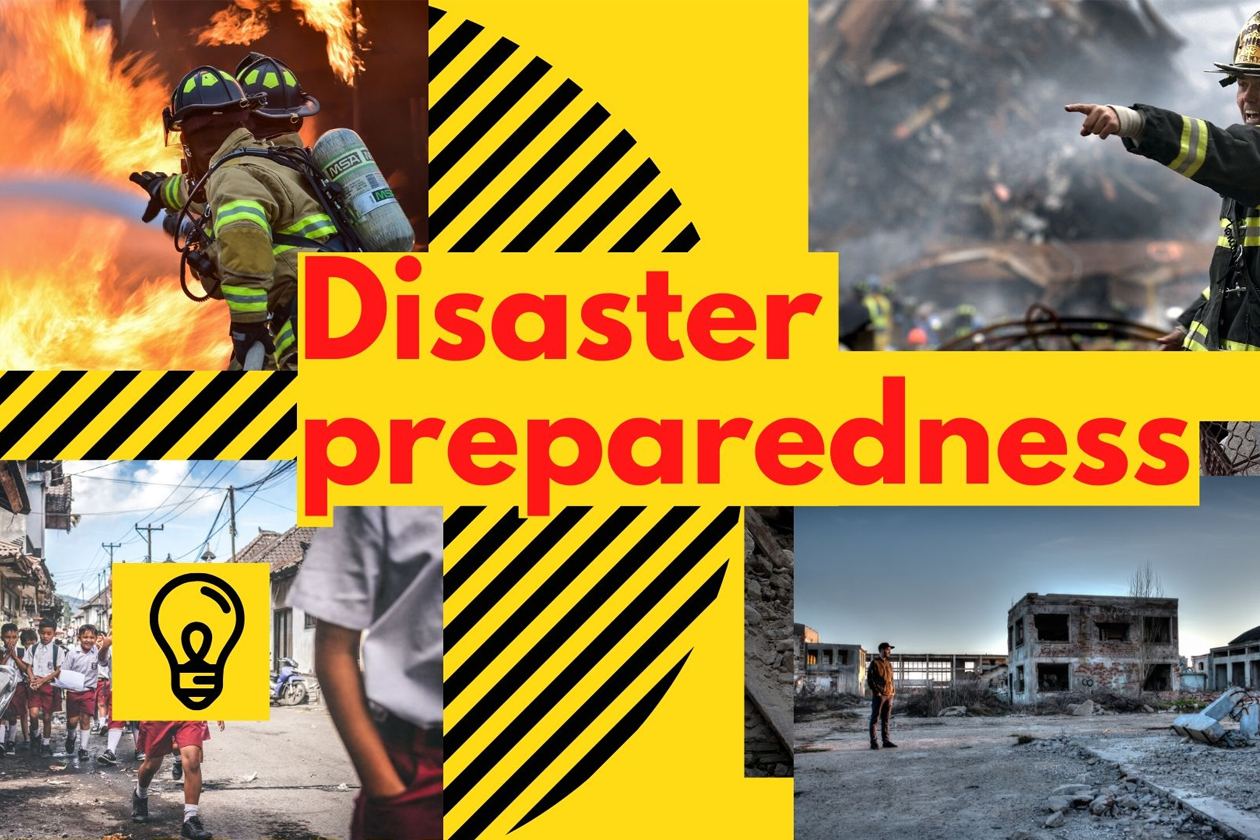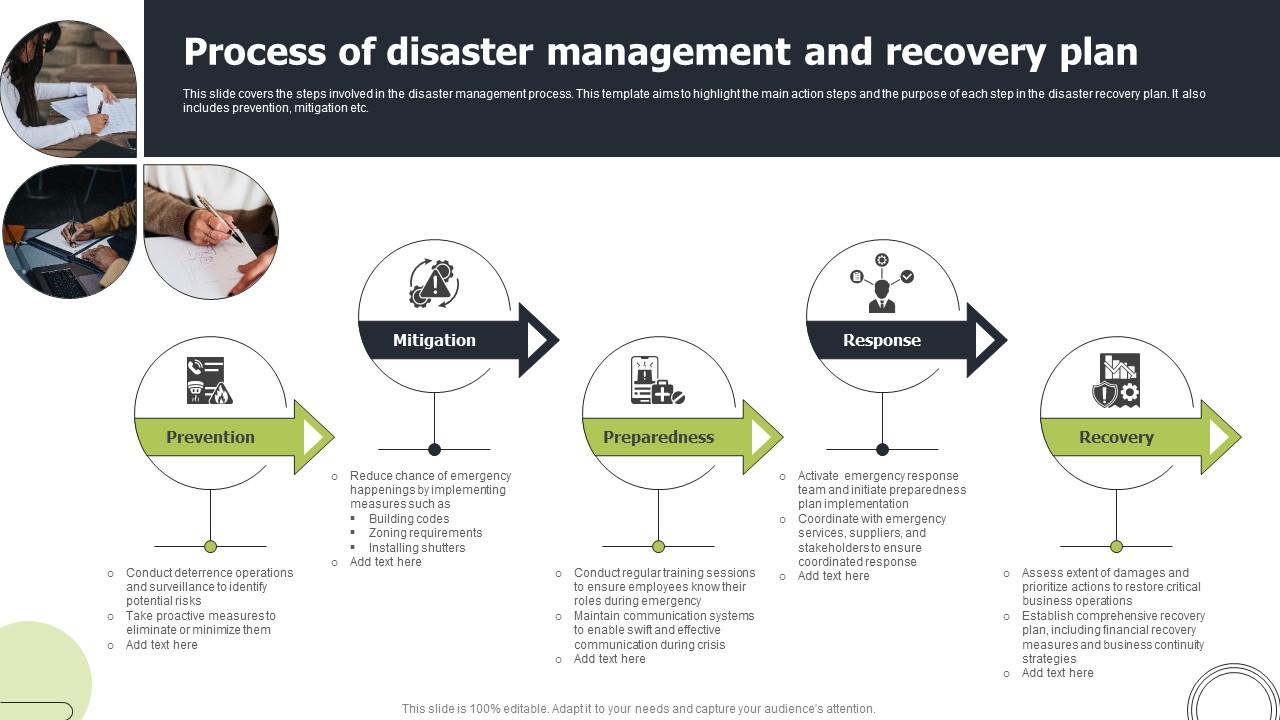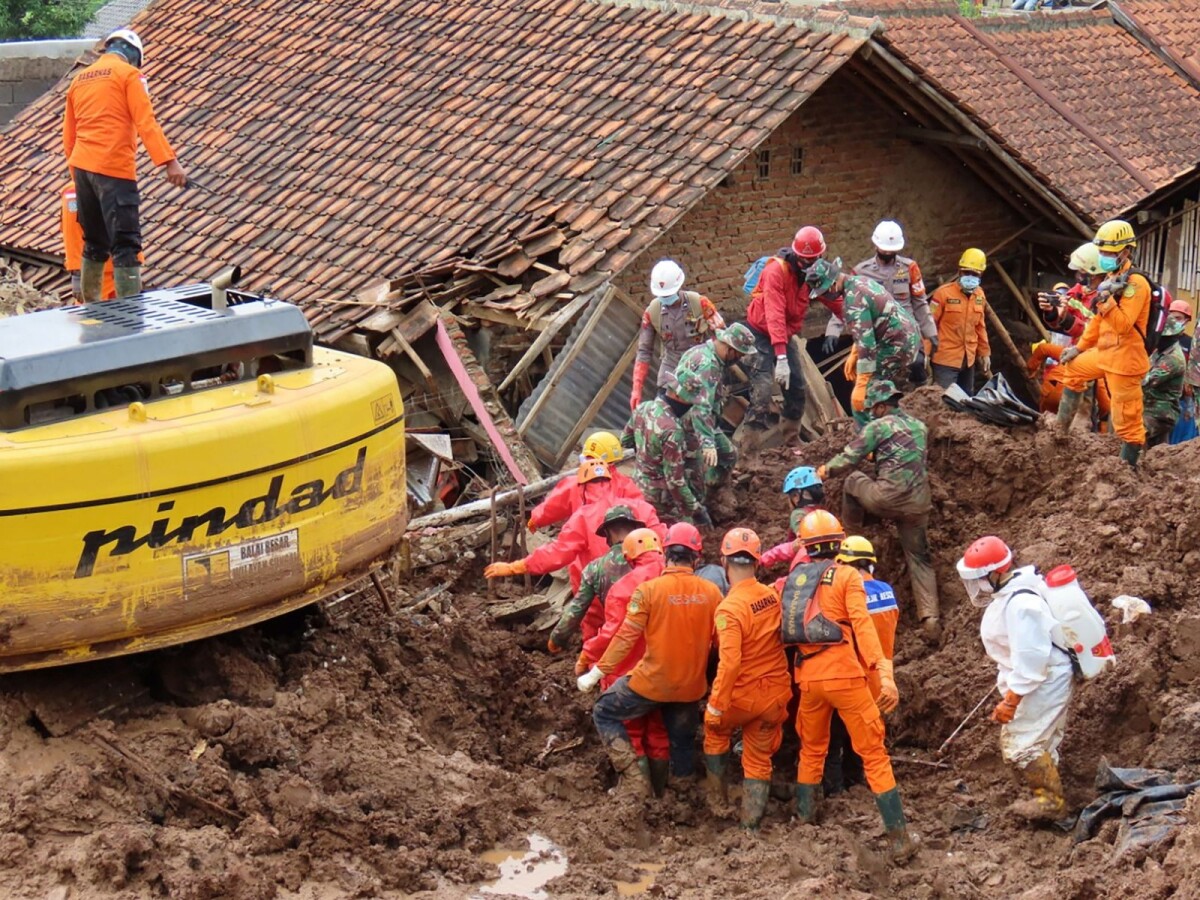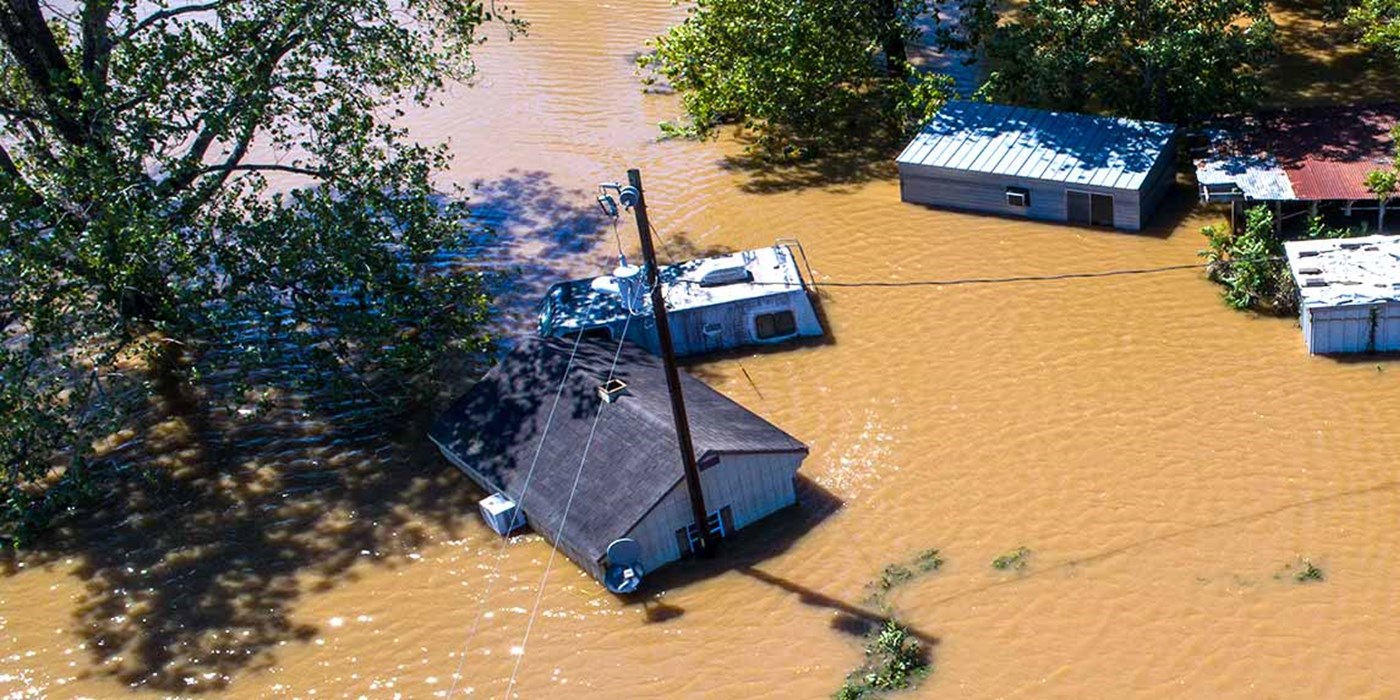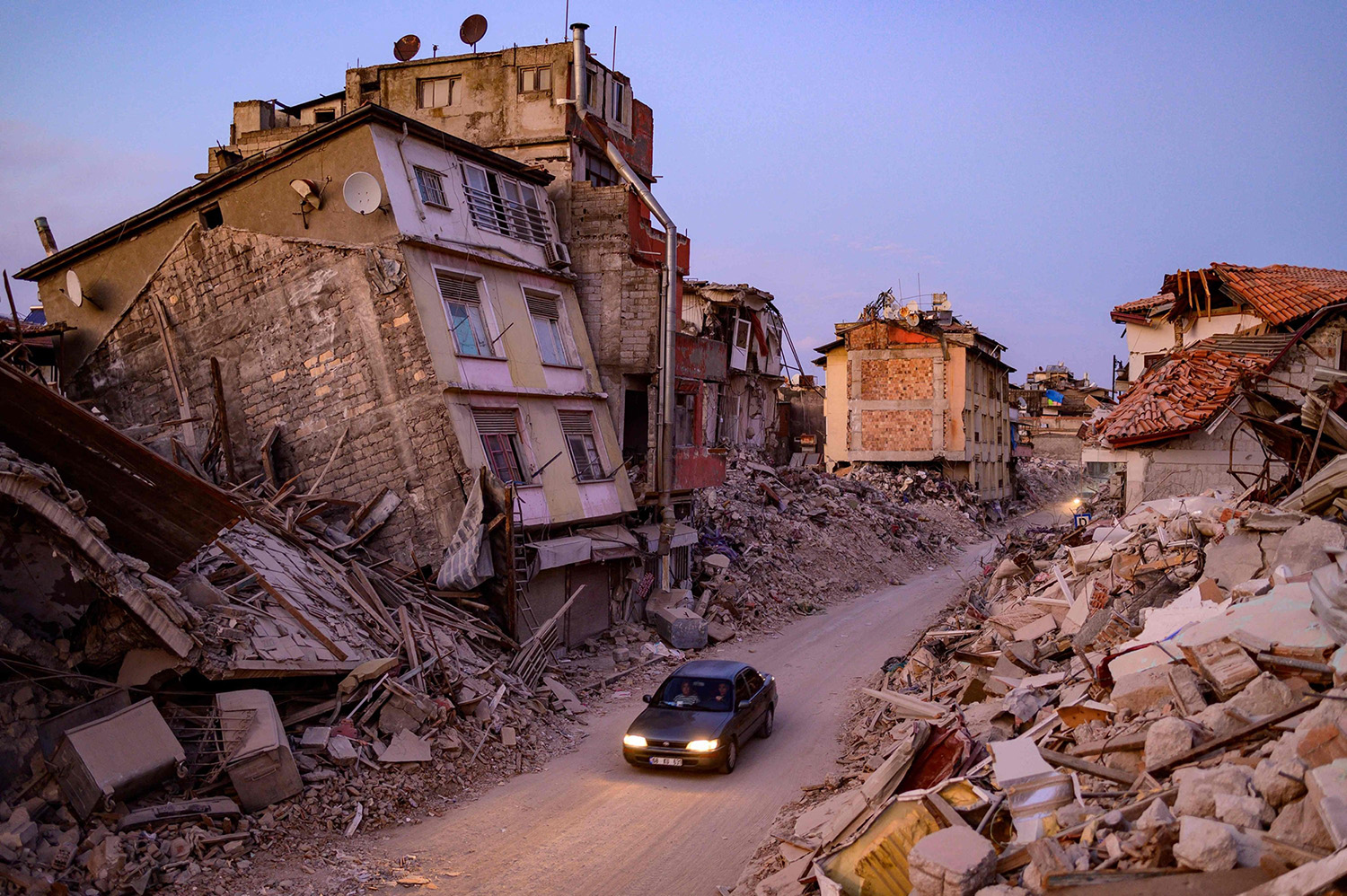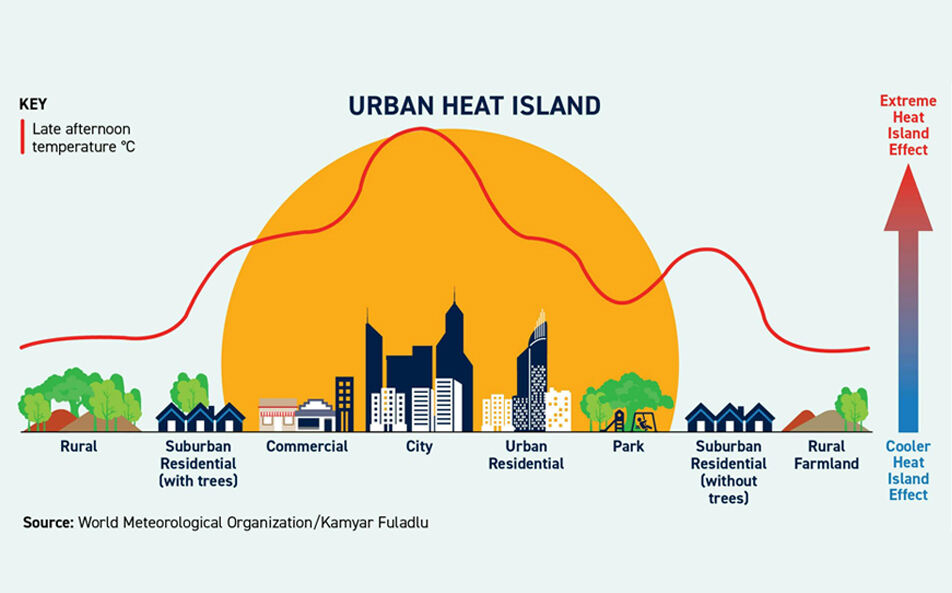
The United Indian

India, a land of immense beauty and diversity, is unfortunately no stranger to disasters. From the fury of cyclones and floods to the tremors of earthquakes and the devastation of landslides, the country faces a multitude of natural hazards. Being prepared for these eventualities is crucial, not just for individuals but for the nation as a whole.
Being prepared for disasters and disaster management in india is crucial for individuals and communities to mitigate its aftermath. Understanding effective tactics and strategies for disaster management is paramount. In this comprehensive guide, we delve into survival tactics and disaster management techniques tailored to the Indian context. From natural calamities to human-induced crises, being prepared can mitigate risks and save lives.
Natural Disasters
India faces a myriad of natural disasters, including floods, cyclones, earthquakes, and droughts. Understanding the unique challenges posed by each disaster type is key to implementing effective mitigation, preparedness, response, and recovery measures.
Man-made Disasters
In addition to natural calamities, India also contends with man-made disasters such as industrial accidents and urban crises. Managing these emergencies requires coordinated efforts among government agencies, businesses, and communities.
Understanding Disaster Preparedness
Understanding a disaster and Disaster management in India is more than just a precaution; it's a necessity. The importance of preparedness cannot be overstated. By recognizing various types of disasters and conducting thorough risk assessments, communities can develop robust strategies for response and recovery. Community involvement plays a vital role in fostering resilience and ensuring effective disaster management.
Objectives of Disaster Management in India
The objectives of disaster management in India transcends mere response and recovery. It encompasses a holistic approach aimed at achieving several crucial objectives:
1. Risk Reduction and Mitigation:
- Identifying and mapping vulnerable areas: Understanding the regions and communities most susceptible to specific disasters is the foundation for mitigation efforts.
- Investing in disaster-resilient infrastructure: Building sturdy embankments, earthquake-resistant structures, and flood-proofed housing reduces damage and saves lives.
- Promoting environmental protection: Deforestation and soil erosion exacerbate disasters and support disaster management in india. Sustainable land management and afforestation play a vital role in mitigation.
- Public awareness and education: Equipping communities with knowledge about disaster preparedness, early warning signs, and safe practices empowers them to act swiftly.
2. Preparedness and Early Warning:
- Developing robust early warning systems: Timely and accurate warnings allow communities to evacuate, secure belongings, and seek shelter, minimizing casualties.
- Conducting regular drills and mock exercises: Simulating disaster scenarios helps communities familiarize themselves with response plans and evacuation procedures.
- Stockpiling essential supplies: Pre-positioning food, water, medicines, and other critical resources ensures immediate availability during disasters.
- Strengthening communication networks: Reliable communication infrastructure is vital for coordinating rescue efforts and disseminating information.
3. Effective Response and Rescue:
- Deploying well-trained and equipped rescue teams: Efficient search and rescue operations are crucial during the situation of a disaster and disaster management in India for saving lives and minimizing injuries.
- Ensuring rapid medical care: Establishing mobile medical units and providing emergency medical services are essential for treating the injured and sick.
- Coordinating relief efforts: Collaboration between government agencies, NGOs, and volunteers ensures efficient distribution of aid and avoids duplication of efforts.
- Utilizing technology and data: Drones, satellite imagery, and real-time data analysis can aid in rescue operations, damage assessment, and resource allocation.
4. Rehabilitation and Reconstruction:
- Providing immediate shelter and basic necessities: Displaced communities require temporary housing, food, water, and sanitation facilities.
- Restoring essential infrastructure: Repairing damaged roads, bridges, and communication networks is crucial for restoring normalcy and facilitating recovery.
- Supporting livelihoods: Providing financial assistance, skills training, and job opportunities helps affected communities rebuild their lives and regain economic stability.
- Psychological support: Addressing the mental health impact of disasters through counselling and community support programs is essential for long-term recovery. Case studies have shown its realtime impact while dealing with disasters and disaster management in India.
5. Building Long-Term Resilience:
- Integrating disaster risk reduction into development planning: Considering disaster risks during infrastructure development and land-use planning creates more resilient communities.
- Investing in research and development: Developing new technologies and forecasting models improves preparedness and mitigation strategies.
- Promoting community-based adaptation: Empowering local communities to identify and manage their own risks fosters a culture of resilience.
- Fostering international collaboration: Sharing knowledge and resources with other disaster-prone countries strengthens global preparedness and response capabilities.
By focusing on these objectives, disaster management in India can move beyond simply reacting to disasters and become a proactive approach to building a safer and more resilient future for all.
Advantages of Disaster Management in India
Effective disaster management in India isn't just about reacting to crises; it's about safeguarding lives, livelihoods, and the nation itself. From saving lives through early warnings and swift rescues to minimizing economic losses through resilient infrastructure, the advantages of disaster management are substantial. It fosters stronger communities through shared experiences and bolsters national security by protecting critical infrastructure. Disaster management even promotes sustainable development by aligning with environmental protection and driving innovation in green technologies. Ultimately, by educating the public and preparing for the inevitable, India can build a future where disasters leave less of a mark, and communities emerge stronger and more resilient.
Government Initiatives and Policies
The National Disaster Management Authority (NDMA) and State Disaster Management Authorities spearhead disaster and disaster management efforts in India. A robust legal framework supports disaster preparedness, response, and recovery at both national and state levels.
Community Response and Resilience
Communities play a pivotal role in disaster response and recovery. Non-governmental organizations (NGOs) and volunteers provide crucial support, including psychological assistance, to affected individuals and families.
Challenges and Solutions
Despite progress, challenges persist in disaster management, including inadequate infrastructure, low awareness, and limited technological resources. Addressing these challenges requires innovative solutions and sustained efforts.
Case Studies and Success Stories
Examining past disaster responses offers valuable insights into effective strategies and areas for improvement. Success stories like the Kerala floods response highlight the importance of preparedness and community resilience.
International Collaboration and Support
International collaboration enhances India's disaster management capabilities through knowledge sharing, resource mobilization, and technical assistance from organizations like the United Nations.
Training and Capacity Building
Training programs and capacity-building initiatives equip individuals and communities with the skills and knowledge needed to respond effectively to disaster and disaster management in India.
Public Health and Hygiene Concerns
Disasters often exacerbate public health challenges, emphasizing the importance of sanitation, disease prevention, and healthcare access in disaster-affected areas.
Role of Media and Communication
Effective communication and information dissemination are critical during emergencies, with traditional and social media platforms playing key roles in keeping the public informed.
Financial Preparedness and Insurance
Financial preparedness, including microinsurance schemes and disaster relief funds, helps mitigate the economic impact of disasters on individuals and communities.
Sustainable Development and Disaster Resilience
Promoting sustainable development and environmental conservation contributes to long-term disaster resilience, fostering communities that are better equipped to withstand future challenges.
Future Prospects and Innovations
Continued investment in early warning systems, climate change adaptation measures, and technological innovations will shape the future of handling disaster and disaster management in India.
Conclusion
Survival tactics and effective disaster management are essential for navigating the challenges posed by disasters in India. By prioritizing preparedness, leveraging community resources, and embracing innovative solutions, individuals and communities can build resilience and minimize the impact of emergencies. Together, we can face adversity with strength and determination, ensuring a safer and more resilient future for all.
Read more in Environment
May 27, 2025
TUI Staff
May 27, 2025
TUI Staff

Stay Tuned with The United Indian!
Our news blog is dedicated to sharing valuable and pertinent content for Indian citizens. Our blog news covering a wide range of categories including technology, environment, government & economy ensures that you stay informed about the topics that matter most. Follow The United Indian to never miss out on the latest trending news in India.
©The United Indian 2024

